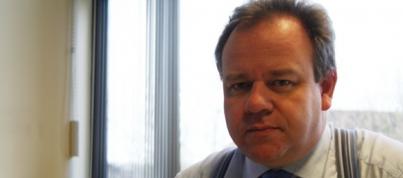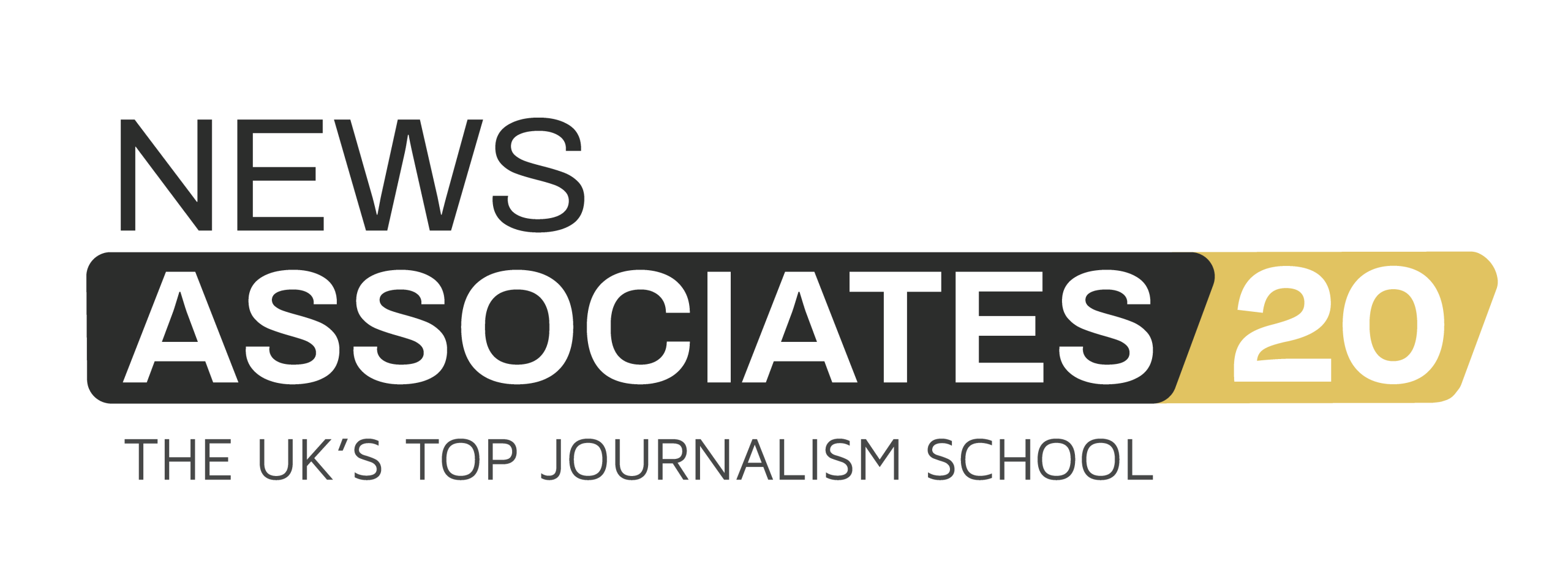Anthony Longden Column: Preparing yourself for journalism job interviews

ASK 100 editors to describe their interview processes, and you will get 100 different answers, but if they are hiring trainees, the one thing they are all looking for is good raw material.
That means a prospective trainee should be intelligent, enthusiastic, self-motivated and qualified – all pre-entry examinations passed, including that perennial bugbear – shorthand.
It is still a very competitive market out there. Concentrating on making the very best of your performance at interview could make all the difference, especially if there isn’t a great deal for an editor to choose from candidates who are equally promising on paper.
So here are a few tips aimed at giving you the edge.
The job
How much do you really know about the job you are applying for? It is surprising how many people don’t bother to do even the most basic checks ahead of putting themselves on the interview rack.
‘Research’ doesn’t mean a quick stab on your smartphone as you amble along the street in the general direction of the interview.
Look critically at the website. Read and analyse. What is the style and overall feel of the title or platform? Where is it based? If it’s a regional paper, for example, what do you know about its area? What are its main stories, issues and campaigns. Do you have any ideas of your own that might help develop these? Can you dig out a story for them?
Do a search for the title and use trade sites, like Hold The Front Page, to see if it has made the news itself lately.
Application
Read the job ad very carefully. What – specifically – is required?
Keep your application letter or email short and adopt a business-like tone. Make sure you address it to the right person, at the right place, and whatever you do, get the spelling correct.
If you spell the editor’s name wrong, or address your letter to the office a newspaper moved out of two years ago – a particular risk with speculative applications – you can be fairly confident it will go straight into the bin. These points could barely be more obvious, but all managers will tell you how frequently candidates fall foul of them.
The CV
Don’t let it make you a hostage to fortune.
If, for example, you have waxed lyrical about how interested in current affairs you are, then you had better be fully prepared for some current affairs questions.
At the very least you should know key cabinet posts. An inability to name the Secretary of State for Health or the Home Secretary, for example, could prove fatal – and rightly so.
If you claim to have an interest in court reporting, you should be able to outline the system in some detail.
By the way, if you do not know the answer to a question, do not, under any circumstances, try to bluff it. If you don’t know, you don’t know. That’s it.
Social media
If you include your Twitter username on your CV, your prospective employer will look at it. Need I say more?
If you use your Twitter account as a means of citizen journalism, fine – bung it on the CV. If not, leave it off. You’ll be glad you did.
Shorthand
Pass it.
Sales pitch
An interview is all about selling yourself. Editors are looking for people who will not be daunted by the challenges of journalism.
They will want someone who is willing to learn, and who comes across as intelligent, positive and who has self-knowledge – not someone labouring under misapprehensions about journalism, or about themselves.
Don’t fall into the trap of describing journalism as ‘investigating people’, as though news providers are an extension of the security services.
And if you are going to talk about Freedom of Information Act requests,make sure you understand them fully, and, more importantly, you know when to use them.
In many circumstances FOI requests are the nuclear option, and might be unnecessary since you can often obtain the information more quickly and with less fuss simply by asking for it.
Answer questions clearly, and steer clear of generalities or buzz phrases. Parroting things like ‘checks and balances’, or ‘holding people to account’ is dangerous if you are then unable to explain precisely what you mean. You are supposed to be an engaging communicator after all.
Last question
Interviews are often rounded off with the question: “Is there anything you would like to ask?”
This is not the time to ask the editor for his or her life story. An interview is a reciprocal exercise and this is your chance to see whether you actually want to work with these people, in the pace and for the organisation.
What is the training regime there? How much support will you be given? Will you be assigned to a patch right away, or will you have to work on every area to begin with?
The last bit of advice is the simplest: just be yourself.
***
And Finally…
Journalism largely consists in saying ‘Lord Jones Dead’ to people who never knew that Lord Jones was alive.
G.K. Chesterton


